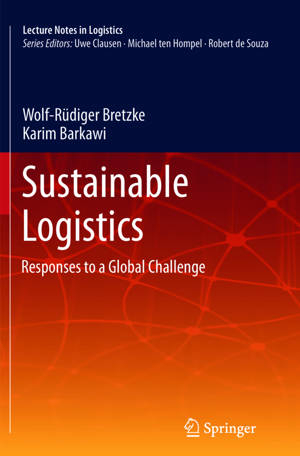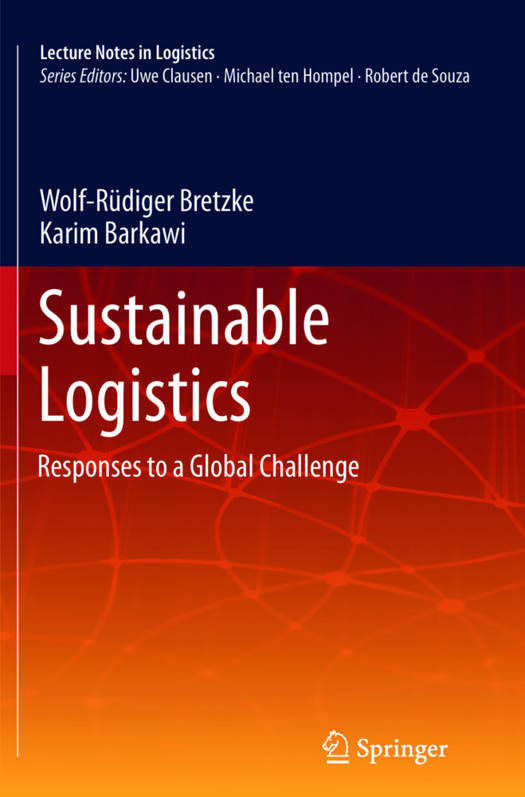
- Afhalen na 1 uur in een winkel met voorraad
- Gratis thuislevering in België vanaf € 30
- Ruim aanbod met 7 miljoen producten
- Afhalen na 1 uur in een winkel met voorraad
- Gratis thuislevering in België vanaf € 30
- Ruim aanbod met 7 miljoen producten
Zoeken
€ 116,45
+ 232 punten
Uitvoering
Omschrijving
Currently the notion of "sustainability" is used in an inflationary manner. Therefore the authors start with a definition which is stable to serve as an anchor for further research as well as for discussions among scientists, managers and politicians, ideally across different disciplines. The character of this book is purely conceptual. The argumentation is based on comparison of new and demanding requisites with existing models (process and network architectures in the field of logistics). Formerly neglected impacts on the environment will be included. Main features of a new approach will be developed which are capable to avoid these impacts and to align logistics with the requirements of sustainability.
In order to make logistics sustainable large parts will have to be reinvented. The focus needs to be on decoupling transportation activities from economic growth rates.
In order to make logistics sustainable large parts will have to be reinvented. The focus needs to be on decoupling transportation activities from economic growth rates.
Specificaties
Betrokkenen
- Auteur(s):
- Uitgeverij:
Inhoud
- Aantal bladzijden:
- 518
- Taal:
- Engels
- Reeks:
Eigenschappen
- Productcode (EAN):
- 9783642448829
- Verschijningsdatum:
- 29/01/2015
- Uitvoering:
- Paperback
- Formaat:
- Trade paperback (VS)
- Afmetingen:
- 156 mm x 234 mm
- Gewicht:
- 757 g

Alleen bij Standaard Boekhandel
+ 232 punten op je klantenkaart van Standaard Boekhandel
Beoordelingen
We publiceren alleen reviews die voldoen aan de voorwaarden voor reviews. Bekijk onze voorwaarden voor reviews.











